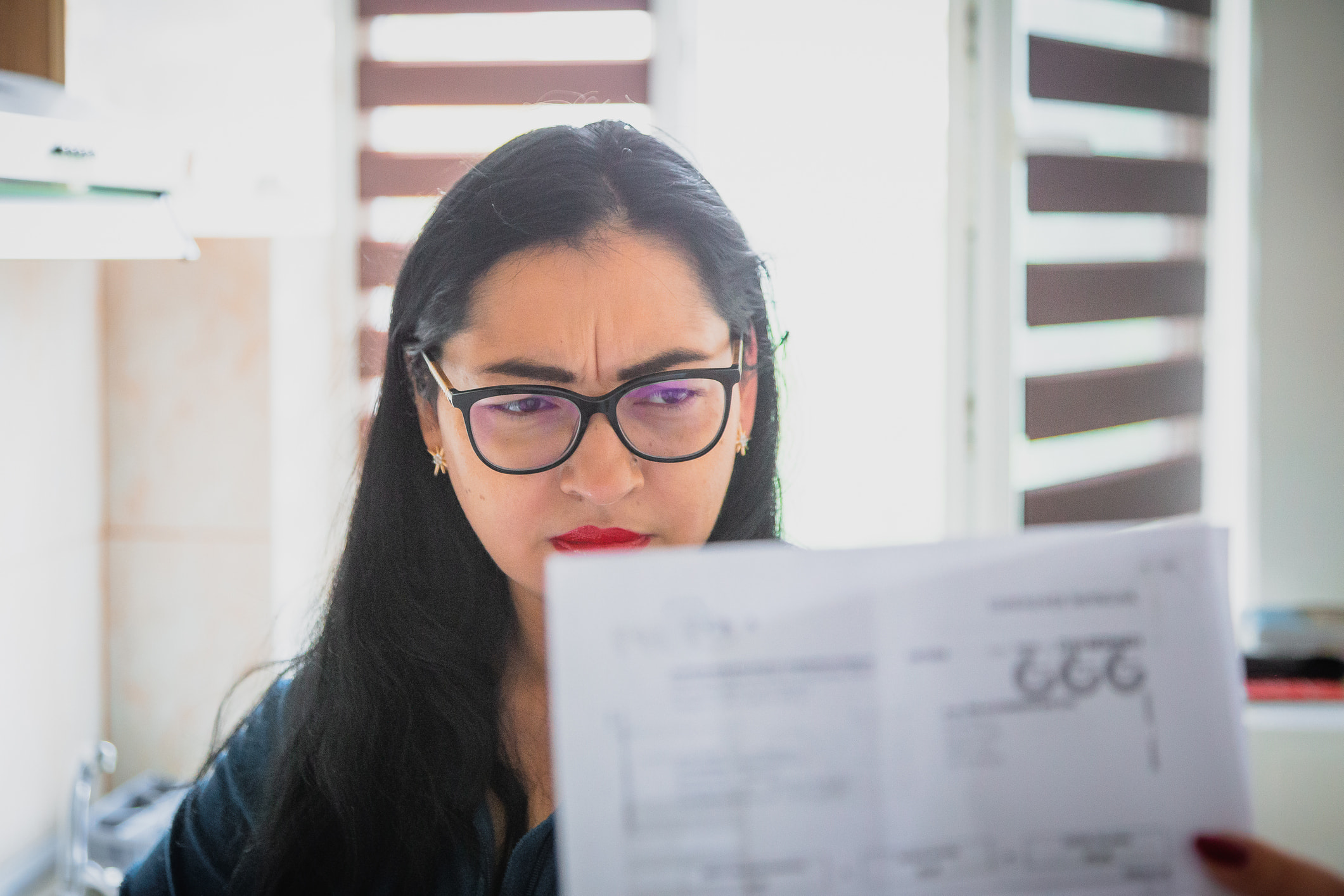For renters, renting a property instead of buying one can hold several benefits, such as flexibility and a lower upfront financial commitment. There's also the fact that maintenance and insurance typically fall into the landlord's lap.
However, landlords aren't responsible for covering a renter's personal belongings. When disaster strikes, it's up to the renter to replace their own goods. Renter's insurance can fill this gap, and at a median monthly cost between $13 and $30 per month, it might be an affordable option, too.
What is renter's insurance?
Renters insurance, also known as tenant's or HO-4 insurance, provides protection for tenants who live in a rented property, including condominiums, apartments, single-family homes, or even rented rooms.
The coverage includes:
- The tenant's personal property
- Liability coverage
- Additional living expenses (ALE)
While renter's insurance isn't a legal requirement for all tenants, many landlords and property letting agents request this as one of the terms of a rental contract.
There are several different types of renter's insurance, and it's worth checking whether your current insurer for other things like auto insurance offers bundles for a possible reduction in monthly premiums.
How does renter's insurance work?
When you sign up for your renter's insurance policy, you have two coverage options:
- Actual cash value — A payment that takes into consideration the current value of the item. For instance, if you paid $2,000 for a laptop in 2018, you might not get paid that amount at the time of the claim. Instead, you'll be paid for the estimated value, which is what you'd get paid for the item if you sold it at the time of the claim.
- Replacement cost value — This value takes into consideration how much you'd have to spend to replace the item.
What does renter's insurance cover?
When you take out renter's insurance, your options include personal property, liability, and additional living expenses. Some insurers also offer additional insurance options to fill any possible gaps.
Personal property
One of the main reasons renters sign up for renter's insurance is to protect their goods in the event of loss, damage, or theft. The policy document will outline all the perils that qualify for the coverage and which events or items aren't covered.
Items that usually fall within this type of coverage include:
- Clothing
- Jewelry
- Furniture
- Appliances
- Collectibles
- Rugs
- Homeware
The following perils are typically covered in renter's insurance:
- Theft and vandalism
- Wind and storm damage, including hail
- Fire and smoke damage, such as damage caused by faulty appliances
- Water damage, such as faulty HVAC units or burst pipes
- Power surges that damage devices and appliances
- Explosions, such as gas bottles or aerosol cans
- Damage caused by a vehicle or aircraft crashing into your house
It's important to note that the peril needs to cause loss in some form under an insured event in order for you to claim. For instance, if you experience a pipe burst in the property, and it's attended to the same day without loss of use of the property or damage to your personal effects, there's nothing to claim for.
Personal liability
Liability insurance covers events where personal injury occurs on your property or someone in your household is responsible for damage to someone else's property.
- Injuries — When someone gets hurt while they're visiting you, they may expect you to pay for their medical expenses. This could include slips or falls caused by poorly placed furnishings or lack of adequate lighting.
- Damage that originates in your property — This type of coverage is for moments where damage to another person's property originates from your property. For instance, you bring along your portable generator to your rental property, and it explodes, causing damage to your neighbor's property.
- Dog bites — Fido accidentally gets out of your yard and attacks a cyclist. The coverage will include lawsuit costs and medical bills. However, some breeds may not be covered.
Additional living expenses (ALE)
When the property you're renting becomes uninhabitable, or your goods can no longer be used due to a covered event, the ALE coverage kicks in. This insurance is also referred to as loss of use coverage.
It will cover several expenses you may need to incur during this type of event. Examples include:
- Suitable temporary accommodation, such as hotel stays, including boarding for pets
- Food expenses, including restaurant bills that are over your regular food costs
- Laundry costs
- Fuel and transportation costs that are above the norm
- Storage for your goods or furniture rental
Renter's insurance add-ons
Renter's insurance might include optional add-ons such as:
- Additional coverage for high-value items
- Natural disaster coverage is not covered by the typical renter's insurance coverage
- Theft extension covers theft from vehicles, boats, and trailers
- Identity theft protection
What doesn't renter's insurance cover?
When you've taken out renter's insurance, it's important to familiarize yourself with the covered events. Some events or perils are excluded from insurance coverage and may need to be added individually, or you would need to take out an entirely different coverage type for it. Some of the more common excluded events include:
- Certain natural disasters, such as earthquakes, landslides, and flooding
- Rodents and pests
- Sinkholes and mudslides
Why should you consider renter's insurance?
Renter's insurance is considered a fairly inexpensive type of insurance. It's important to tally up the costs of replacing your goods or maintaining your standard of living when a peril occurs. Usually, the premium is a small fraction of what it would cost to replace your goods.
It's also worth noting that some renter's insurance options include coverage that protects your goods even when you're not at home.
You may also be required to have renter's insurance when applying to rent a property. Having this in place already could streamline the application process with landlords and letting agents, especially on a hot property.
How much renter's insurance do you need?
To determine how much insurance you'll need, you need to consider what you're insuring. Start by making a list of everything you own that can be insured. You can use a home inventory list provided by your insurance company. Some insurance companies have an app to simplify the process.
Details you need to provide include:
- A detailed breakdown of each item you wish to insure, room by room
- The description of the item
- The value of the item
- Accompanying valuation reports for special items, such as high-value items
- Serial or production numbers
- Proof of purchase or ownership
- Photos of the items
Once you've made your list, it's time to tally up the value and choose your insurance amount accordingly.
Simplify your renter's insurance options
Renter's insurance is one of the simplest and easiest insurance policies to buy. Be sure to shop around for the best rates and coverage options. It's also worth checking out the insurance company you're buying from and whether they have a good reputation in the market.



